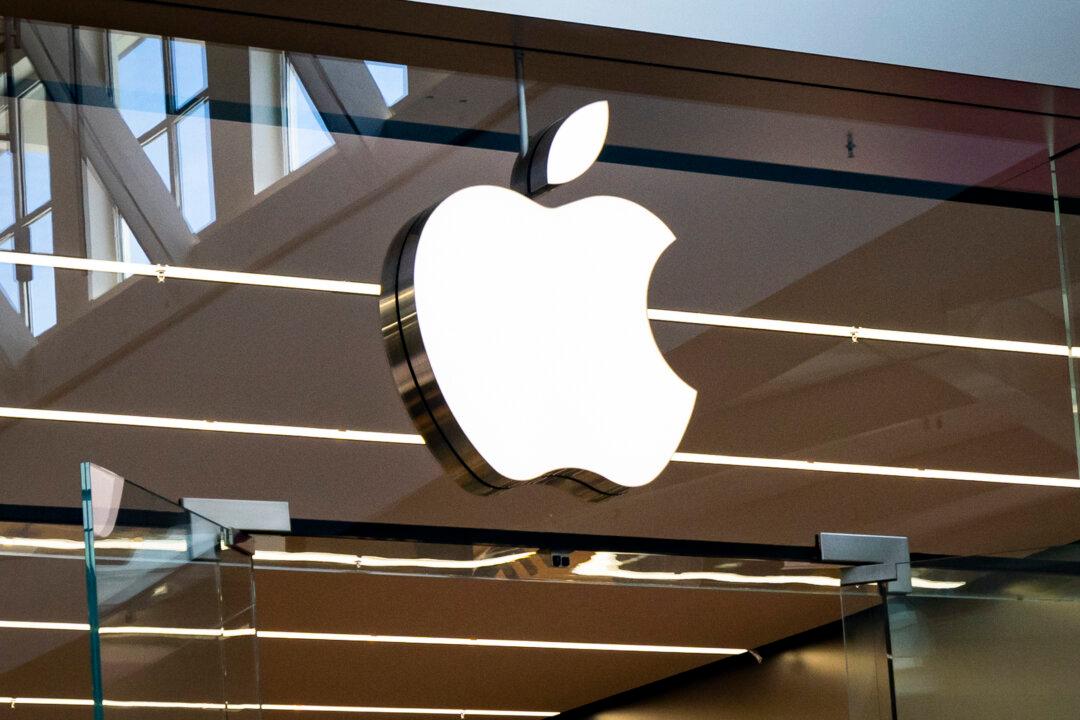Apple has implemented certain changes to its App Store rules in the United States, allowing developers to offer users alternate methods of making in-app purchases, the company said in a May 1 statement.
Apple Changes US App Store Rules; Apps Can Now Allow External Payments
The change was announced a day after a judge criticized the company for not taking action against its ‘anticompetitive’ behavior.

An Apple store in Manhattan Beach, Calif., on March 25, 2025. John Fredricks/The Epoch Times




